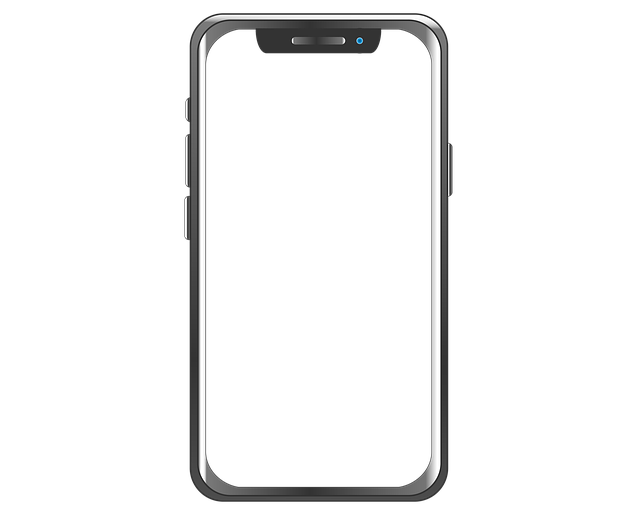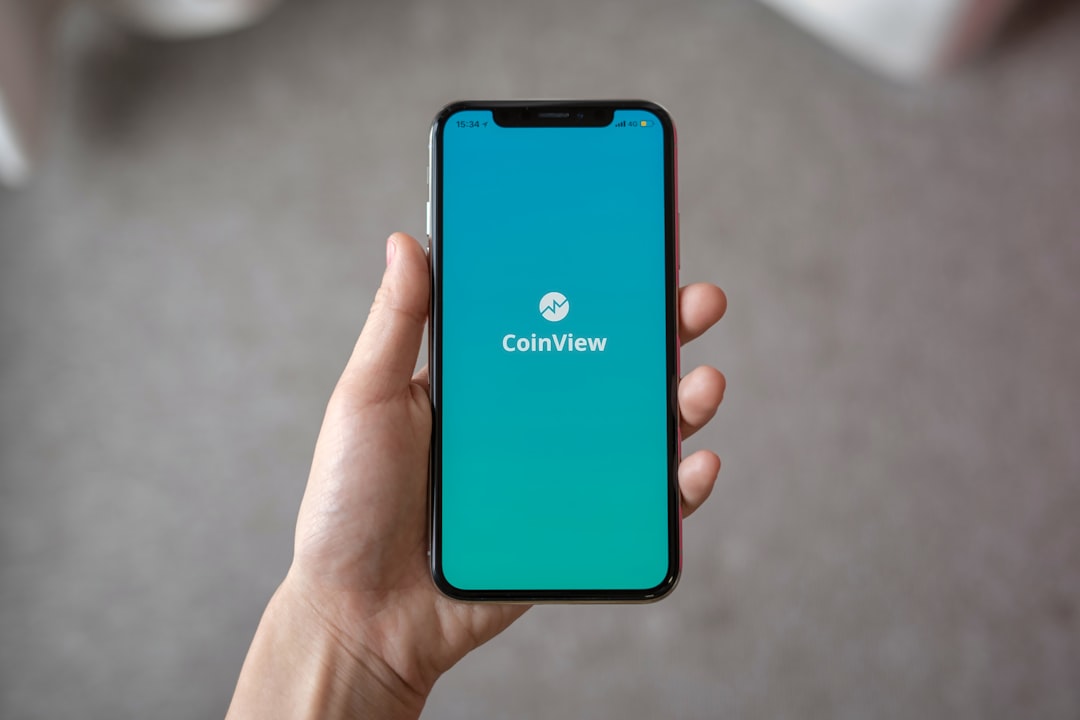Residents of New York City have specific rights when dealing with debt collectors, as per state laws. A debt collection lawyer can help protect these rights and offer peace of mind. It's crucial to know and assert your rights, request validation of the debt, maintain politeness yet firmness in communication, and document all conversations. If a collector violates consumer rights protected by the Fair Debt Collection Practices Act (FDCPA), consulting with a qualified debt collector lawyer is advised for filing complaints or taking legal action within time limits.
In New York City, understanding your consumer rights during debt collection is crucial. With a plethora of financial options and a dynamic market, navigating debt recovery processes can be challenging. This article serves as a comprehensive guide for NYC residents facing debt collectors. We’ll explore your legal protections, provide interactive strategies for dealing with collectors, and outline the steps to take if your rights are violated. Armed with knowledge, you can confidently engage (or resist) debt collection activities with the help of a debt collector lawyer in New York City.
Understanding Your Rights as a Consumer in NYC Debt Collection
In New York City, consumers have specific rights when it comes to debt collection practices. It’s crucial for residents to be aware of these rights, especially when dealing with debt collectors. According to state laws, debt collectors must provide validation of the debt they are attempting to collect and cease contact if you request it in writing. They cannot harass or threaten you, nor can they lie about the amount owed or the consequences of non-payment. A debt collection lawyer in New York City can help protect your rights and ensure that these laws are adhered to, giving you peace of mind during what can often be a stressful situation.
Understanding these rights is essential for navigating the process effectively. If a debt collector breaches any of these rules, you have the right to file a complaint with the New York State Attorney General’s office or take legal action. This knowledge empowers consumers to stand up for themselves and ensure fair treatment throughout the debt collection process.
Interacting with Debt Collectors: Do's and Don'ts
When interacting with debt collectors in New York City, it’s crucial to know your rights and act accordingly. Always remember that you have the right to request validation of the debt from a debt collector lawyer in NYC. This means they must provide proof that you owe the money before any further actions are taken. Never provide sensitive information like bank details over the phone or in an unsecured email; this is a common tactic used by unscrupulous collectors, and you should always verify their legitimacy first.
Do not argue or become aggressive; while debt collectors have strict guidelines to follow, being polite and firm will get you better results. You can ask for alternative payment methods or dispute the debt entirely. Keep all conversations in writing, as this creates a clear record for your protection. Always remain calm and assert your rights—knowing what not to do is just as important as understanding your consumer rights when dealing with NYC debt collection practices.
Legal Recourse for Violations of Consumer Rights by Debt Collectors in NYC
If a debt collector in New York City violates your consumer rights, you have legal recourse. The Fair Debt Collection Practices Act (FDCPA) protects consumers from aggressive or unfair practices by debt collectors. In NYC, this includes prohibiting collectors from making false statements, using abusive language, or threatening actions they cannot legally take. If you believe your rights have been infringed upon, consulting with a qualified debt collector lawyer in New York City is advisable. They can guide you through the process of filing a complaint with the Consumer Financial Protection Bureau (CFPB) or taking legal action against the collector.
A debt collector lawyer can help you understand your rights under both state and federal law, ensuring that debt collectors adhere to ethical standards during their interactions with you. This may involve negotiating with the collector on your behalf, seeking damages for any harm caused by the violation, or even initiating litigation if necessary. It’s crucial to act promptly as there are time limits for filing complaints and legal actions related to consumer rights violations.






